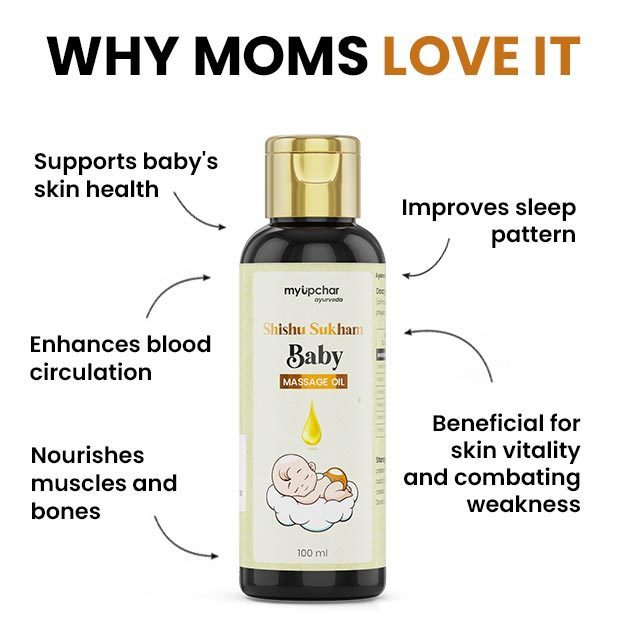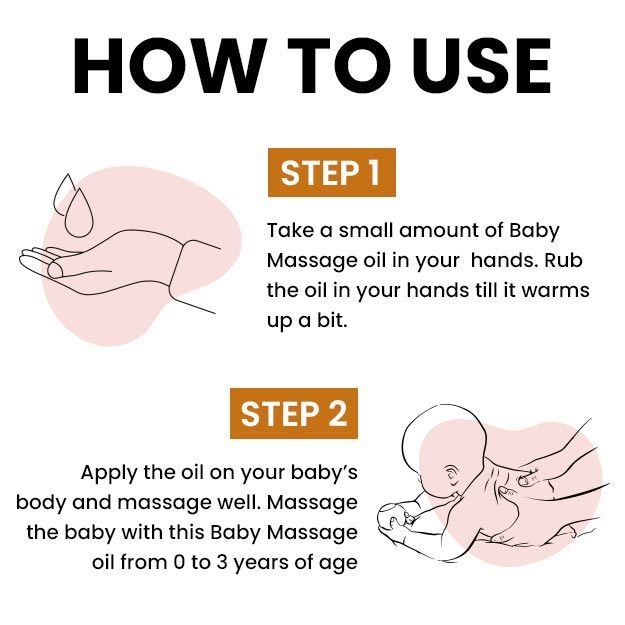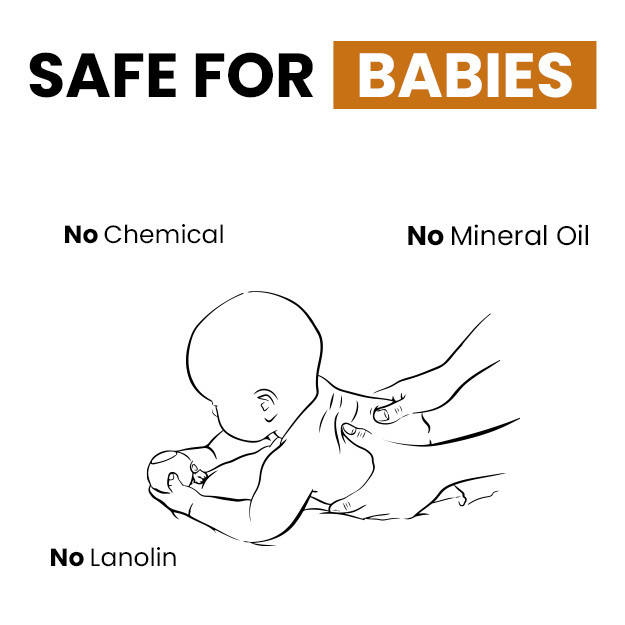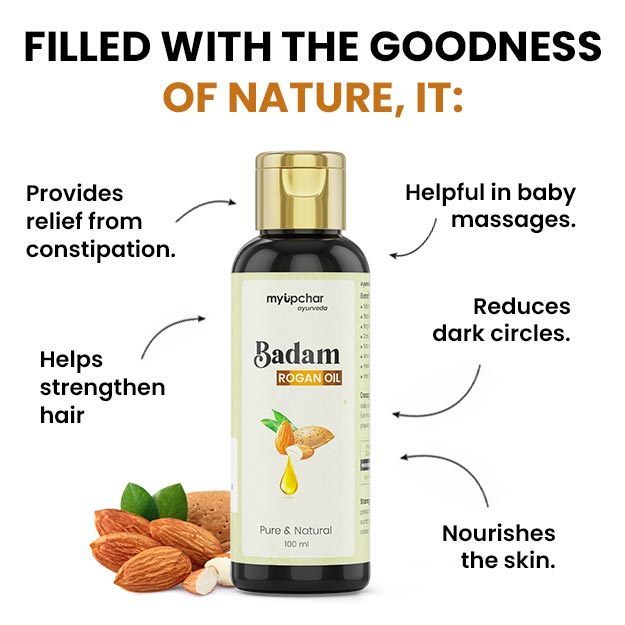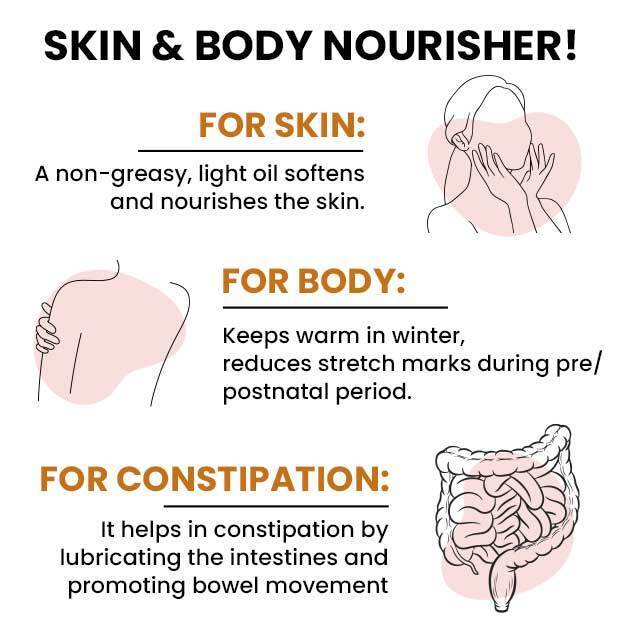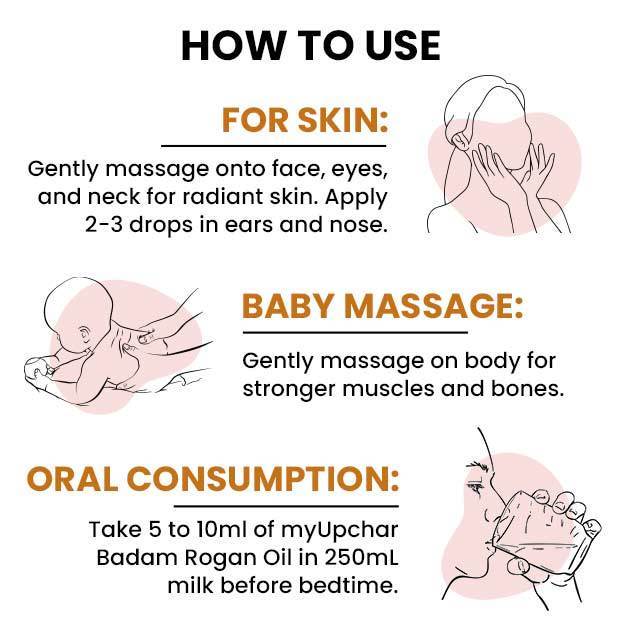Every hour, every day brings your baby closer to two months of age now. As his or her two-month anniversary approaches, your baby will have much more control over his or her body. Your baby’s neck muscles will be stronger now and he or she will be able to hold their head up - especially during tummy time. Your baby will now follow the items that fascinate him or her with their eyes. Hand and feet movements will also become easier for your baby than ever before.
With well-developed listening skills, your baby will now recognise sounds and noises and will respond to them. Your voice will still be the most melodious music to your baby’s ears, and your face, the most beautiful thing to look on. Talk to your baby as much as you can and see him or her respond with sweet gurgles and coos.
The soft spot on your baby’s head, a type of fontanelle called the posterior fontanelle, will close in the second month. If not, visit your doctor and ask for suggestions.
Given the growth spurts, your baby will be two to four pounds (one to two kilograms) heavier than his or her birth weight and about half-an-inch taller than his or her birth length. His or her head circumference will grow by about four centimetres. With the muscle gain, your baby’s cheeks will become chubbier and your little one will look even cuter.
Your baby will now be able to hold some things - like rattle toys - and will be fascinated by brightly coloured objects. Your baby’s brain is growing at a very fast pace now - don’t be surprised if you get glimpses of his or her unique personality now.
Your baby will continue to react to your gestures and will win your heart again and again. He or she will be much more alert now to things and people around them. Your baby’s ability to focus will get better day by day and he or she will be able to concentrate on things for longer periods. Your little one will try to mimic you - this is a mini-milestone, enjoy it. Your baby may now become possessive about you and may want you to be close by at all times.
Now is also the time when your baby is learning the art of soothing himself or herself. As a result, your baby’s passion for sucking on his or her fists and toes will go up to another level.
Read more: Foods and tips to increase breast milk







